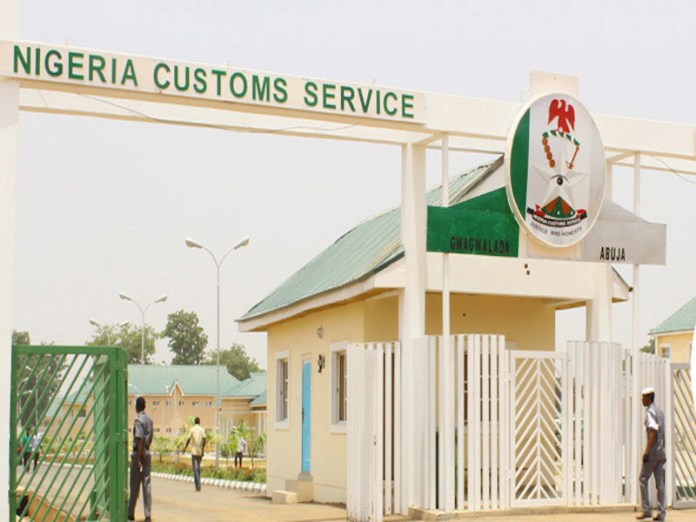Due to the incessant attacks launched on Nigerian customs operatives at the border, the Africa Association of Professional Freight Forwarders And Logistics of Nigeria (APFFLON) has advised the federal government of Nigeria to deploy modern technologies to beef up security.
APFFLON stated that the rate of crime being perpetuated at the border is alarming and urged the government to act swiftly as customs operatives are continually losing their lives.
This was disclosed by the association’s National President Frank Ogunojemite, who was condemning the attack that claimed one life of an officer and caused others’ body injuries at a Joint Border Patrol Team (JBPT) Sector 3 of Nigeria Customs Service (NCS) operatives along Sinau-Kenu road in Baruten Council of Kwara State on October 21, 2022.
In his words, “APFFLON is shocked by the persistent attacks on Customs operatives. It is indeed regrettable that the organization keeps losing its personnel to hoodlums, who keep unleashing terror on its operatives manning our borders.
“So many lives have been lost over time and many more are still falling victim. It is an ugly trend that requires a high level of intelligence to confront.
“It is a fact that smuggling is on the increase due to very harsh import policies being churned out by the Federal Government, these policies have negatively affected international trade compelling people to seek alternatives by circumventing trade rules.
“The masses are passing through serious hardships that if something urgent is not done to cushion it, could result in unprecedented criminal activities across the country.”
He further urged the Federal Government to equip the Joint Border Patrol Team with the needed technologies and quality security gadgets such as superior firepower, sound patrol vehicles as well as routine training and collaboration with border communities.
In a bid to smuggle contraband goods into the country to avoid impoundment, hoodlums have on countless occasions unleashed mayhem on customs operatives, as this has become a norm.
These dastard acts have been reported to be on the rise, largely due to the hardship faced in the country and poor security measures put in place.
Asides from the deployment of modern technologies at borders to beef up security, APFFLON has also advised the government to alleviate the plight of the citizens by creating jobs for the youths and supporting small business owners, which they believe will reduce crime rates.















